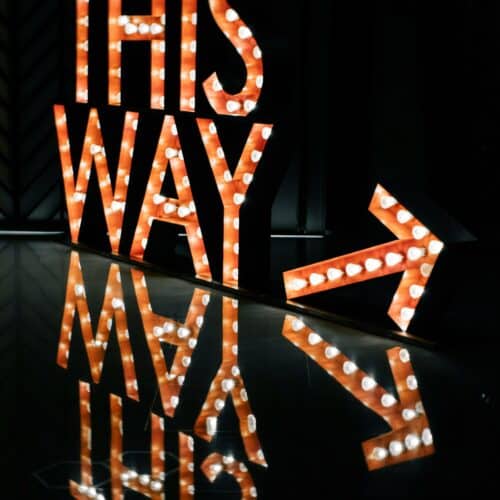I’ve always had a complicated relationship with procrastination. For the longest time, I anchored that word to productivity or, more accurately, the lack of it. When I procrastinated, I’d feel that familiar pang of guilt—like I was failing at some invisible standard of achievement. I’d tell myself, “You’re just putting off something you should be doing,” and I’d push myself harder to get back on track.
But here’s the thing: procrastination isn’t just about dodging tasks on a to-do list. It’s not always about avoiding a chore or a deadline. Procrastination can take many forms, often sneaking into our lives in ways we don’t immediately recognize. Whatever the form, procrastination is a messenger trying to tell us something important.
So, what is procrastination trying to say?
In my experience, procrastination tends to rear its head around tasks or feelings that are hard, uncomfortable, or somehow threatening to my sense of self. Maybe it’s a project that feels overwhelming in its scope, a conversation that’s going to be difficult, or a decision that has too many unknowns. When faced with these challenges, it’s easy to hit the pause button and find something—anything—else to do instead.
Then we feel guilty about hitting pause. But instead of beating ourselves up over it, what if we got curious about procrastination? What if, instead of viewing it as a character flaw, we saw it as a signal worth paying attention to?
Take, for example, the idea that procrastination might be a warning that something isn’t aligned with you. If you’re consistently avoiding a certain task, it’s worth asking yourself: Is this something I actually want to do? Is it aligned with my values, my goals, my true self? Or am I pushing myself into something because I think I should be doing it, rather than because it feels right for me?
Then there’s the perfectionism trap—another common reason we procrastinate. When we put too much pressure on making something perfect, the fear of falling short can be paralyzing. We end up avoiding the task altogether because the stakes feel too high, and the potential for failure too daunting. In this case, procrastination might be nudging us to ease up on ourselves, to allow room for imperfection, and to just do the thing—without the expectation of getting it right the first time.
There’s another side of procrastination—the kind that shows up around rest and relaxation. Yes, you read that right. Sometimes, procrastination can actually make you more productive, not less (workaholics please stand up).
For years I worked nonstop, convincing myself that I hadn’t earned the right to rest. That somehow, taking a break was indulgent or undeserved. Procrastination, in this case, wasn’t about avoiding work—it was about avoiding rest because of an underlying belief that I didn’t deserve it. I was procrastinating instead of sitting with the discomfort of my self-worth and my beliefs around it.
The irony is that this kind of procrastination is deeply counterproductive. By refusing to slow down I was burning out, depleting my energy, and ultimately reducing my ability to be truly productive.
This last form of procrastination is often overlooked. But putting off breaks is just as important to examine as any other type of procrastination because it speaks to a broader issue: how we value ourselves, our worth, and our well-being. Procrastination, at its root, is about avoiding looking at what is real, what is present, and the truth that it holds for you.
So, the next time you find yourself procrastinating, instead of jumping to judgment, try asking a few questions. What is this really about? What am I avoiding, and why? Is this task or feeling aligned with who I am, or am I driven by external expectations? And, perhaps most importantly, am I giving myself permission to rest, to be imperfect, and to pursue what truly matters to me?
If you want help diving into these questions, book a 1:1 coaching call with me here.
Procrastination is a behavior driven by emotion, and our emotions always carry a message. If we take the time to listen, we might find that it has something valuable to teach us about ourselves, our needs, and our path forward.




